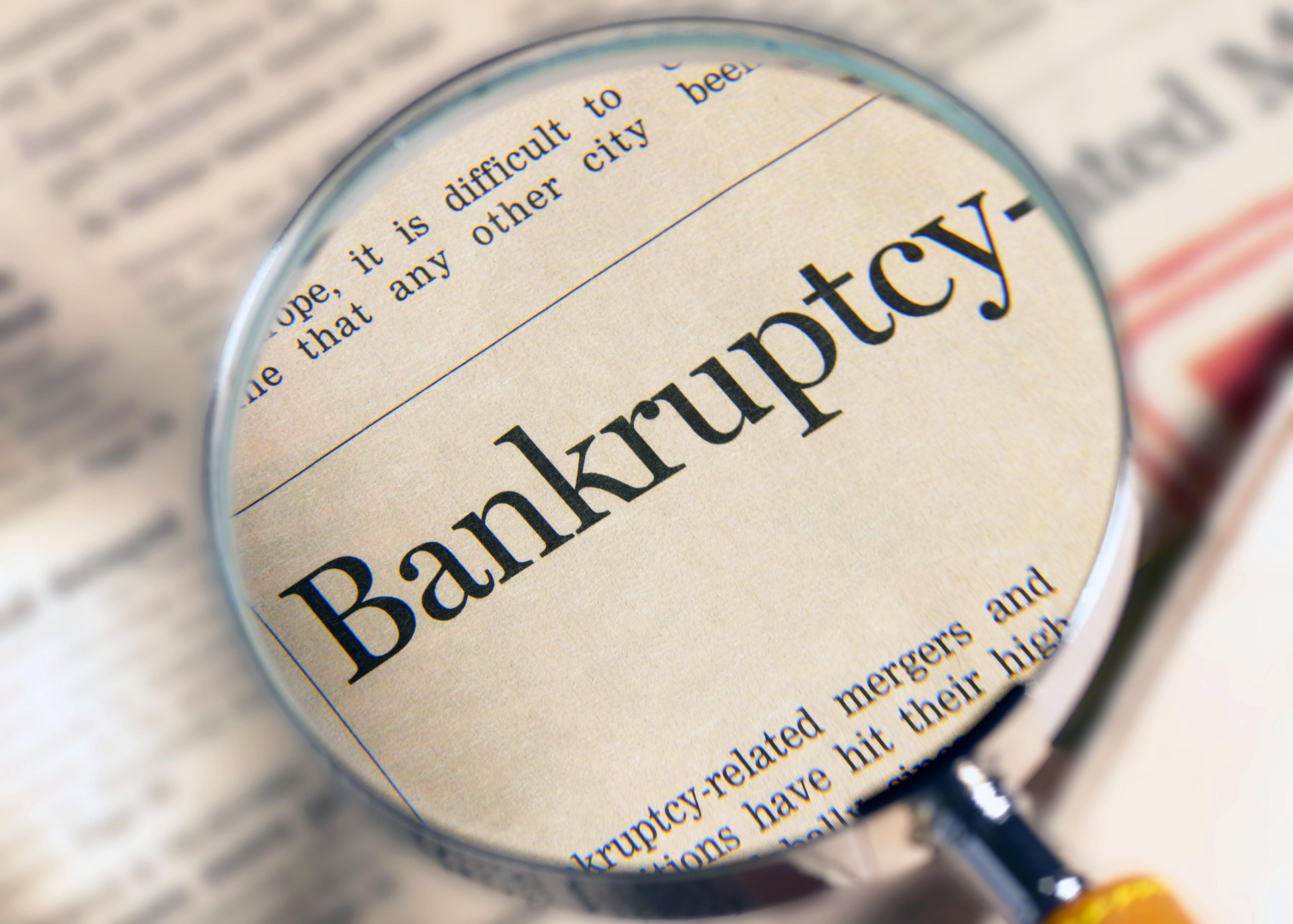To make resolution of bankrupt companies easier, the Centre seeks to introduce a quick rescue option for corporate entities which will unfold in boardrooms rather than courts. Under these pre-packaged bankruptcy schemes, creditors and shareholders can approach a bankruptcy court with a pre-negotiated corporate reorganisation plan This move will help the government prevent prolonged and expensive legal battles, a senior government official told. The Union government is set to introduce a quick corporate rescue option which will be finalized mostly in boardrooms than in courts as it seeks to avoid prolonged and costly legal battles over the resolution of bankrupt companies, said a top government official. Under the so-called pre-packaged bankruptcy schemes, creditors and shareholders will approach a bankruptcy court with a pre-negotiated corporate reorganization plan, as prevalent in countries such as the US and the UK. With this step, the government aims to cut down on litigation and ensure that deadlines are met.
A time-bound resolution of bankrupt assets is crucial as it would help prevent any erosion in their value. A consensual approach to corporate rescue will also save cost. This step will also ensure a timely resolution of bankrupt assets, which is crucial to prevent erosion in their value. This practice is prevalent in the US and the UK. The pre-negotiation process among the shareholders has to be transparent Injeti Srinivas said. We have to see if we need to recognise pre-packaged bankruptcy plans in the law or it is something that we can do even now. We will ask the Insolvency and Bankruptcy Board of India (IBBI) to look into it, he added. The IBBI is responsible for implementing India’s bankruptcy regime, the Insolvency and Bankruptcy Code (IBC), which became operational in December 2016. It has solved 60 cases so far. Under the pre-packaged scheme, the case would reach the bankruptcy court after the parties have agreed on a scheme so that it gets enforceable as soon as possible. Without the court’s nod, enforcement becomes difficult, in case one of the parties backs out.

